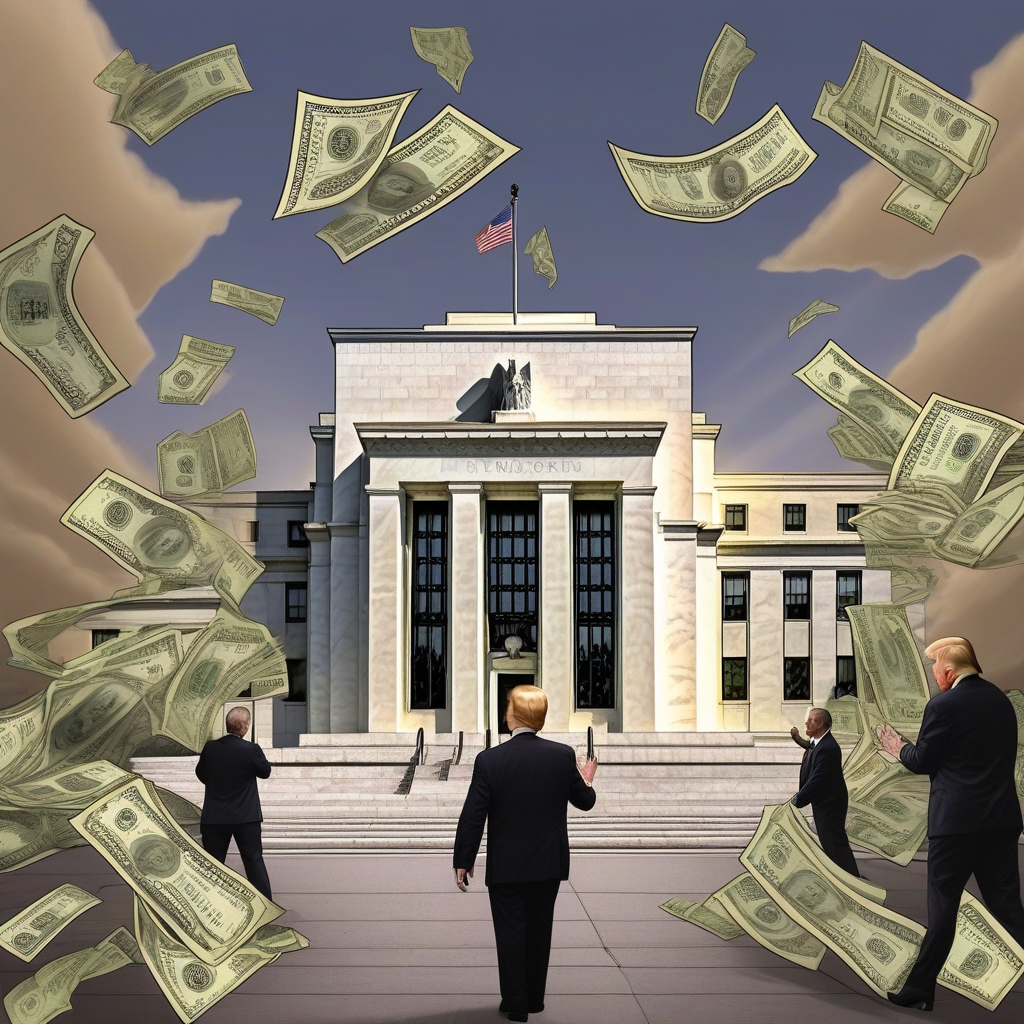/ Aug 11, 2025
Trending
LARealEstateBrief 2024.

The Federal Reserve, often referred to as the Fed, stands as one of the most critical institutions in the United States’ economic landscape. At its core, the Fed’s primary role is to manage the nation’s monetary policy with decisions that affect everything from employment to inflation, and most prominently, interest rates. The independence of the Fed is crucial; it ensures that monetary policy is formulated based on sound economic principles rather than oscillating political pressures.
The Fed’s autonomy is anchored in its design, structure, and legislative foundations. Unlike other governmental bodies, it operates independently of the executive and legislative branches, giving it the liberty to focus on long-term economic health over short-term political gains. This separation is essential for maintaining its credibility and effectiveness.
Congress created the Fed with a specific mandate: to promote maximum employment, stabilize prices, and moderate long-term interest rates. To fulfill this mandate, the Fed must act without direct political influence, allowing it to make decisions that are based on data-driven economic analysis rather than political agendas.
High-profile political figures often have opinions on monetary policy, especially concerning interest rates, given their significant impact on both the economy and voters’ wallets. However, the Founding Fathers adopted a system that allows the Fed to function independently from these influences.
Enter the complex dynamic between political figures and the Federal Reserve. Former President Donald Trump is one such figure who notoriously expressed his views on interest rates, urging the Fed to lower them during his administration. However, Trump’s demands highlighted a fundamental aspect of the American financial system: even the president does not have the authority to dictate Fed actions.
Throughout his presidency, Trump often called for lower interest rates, arguing that they would fuel economic growth and strengthen the U.S. dollar. This approach aligns with a common political strategy: stimulate borrowing and spending by making credit cheaper, thereby boosting economic indicators.
However, the Fed’s mandate demands a broader perspective. While lower interest rates can invigorate the economy in the short term, they also risk long-term inflation and can create bubbles in financial markets. The Fed consistently navigates this delicate balance, opting for measured approaches that lean on economic data and forecasts rather than immediate political pressures.
The relationship between government officials and the Fed is emblematic of broader democratic principles. It is a reminder that certain functions of governance should be insulated from the ebb and flow of political tides. The Fed’s independence is not just a necessary component of economic stability but a testament to a system that values checks and balances.
This independence ensures:
The tension between political figures like Trump and the Fed is not uncommon nor entirely detrimental. Critics argue that such debates can bring monetary policy issues into public discourse, raising awareness and understanding among citizens. Through this lens, the debate itself can serve as an informal accountability mechanism, ensuring that the Fed consistently explains and justifies its actions to the public.
In an era of increasing political polarization, the independence of institutions like the Federal Reserve becomes ever more vital. Trump’s interactions with the Fed underscore a crucial lesson in American governance: economic stability should be safeguarded from transient political interests. As the Fed stands amidst swirling economic elements, its resilience and autonomy remain linchpins of the nation’s financial system, ensuring that policy decisions are crafted with careful consideration and foresight.
Ultimately, this balance between the Fed’s autonomous decisions and political discourse bolsters the credibility and integrity of the nation’s economic foundation, safeguarding prosperity for generations to come.
Get the latest LA real estate news, market trends, and expert tips. Subscribe for weekly updates to stay informed and ahead in the LA property market.
Copyright LARealEstateBrief. 2024. DRE license #02134518